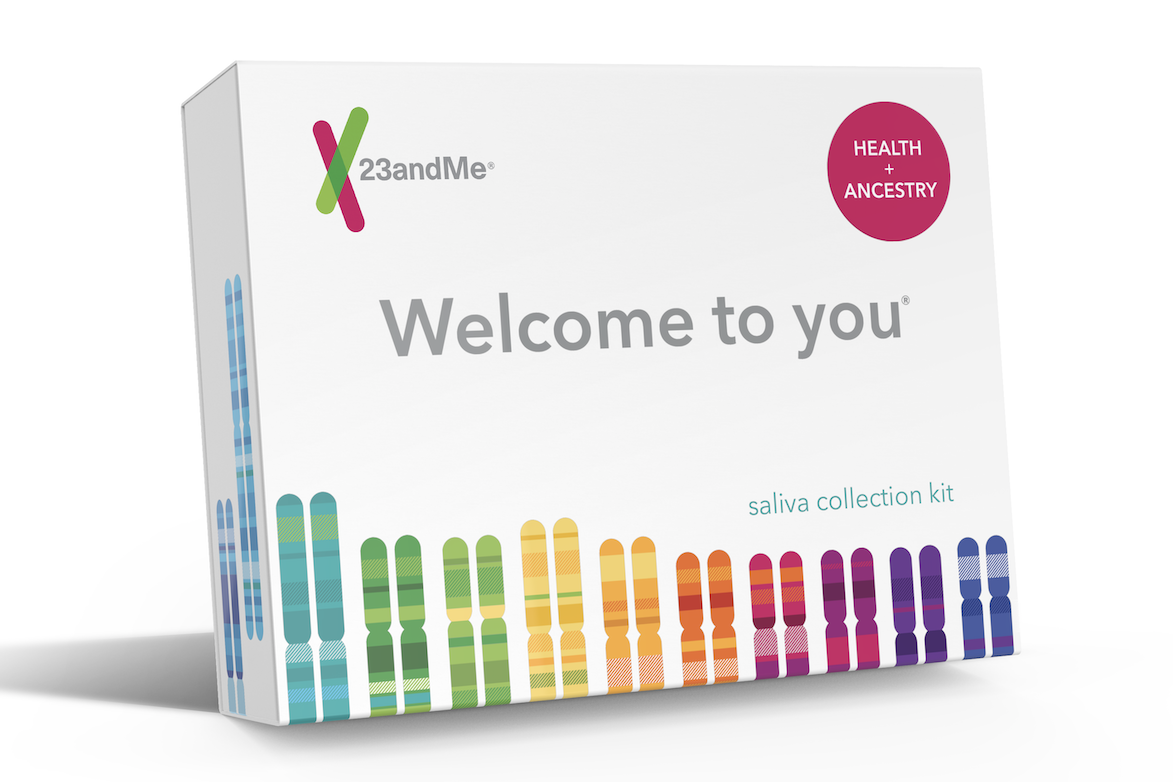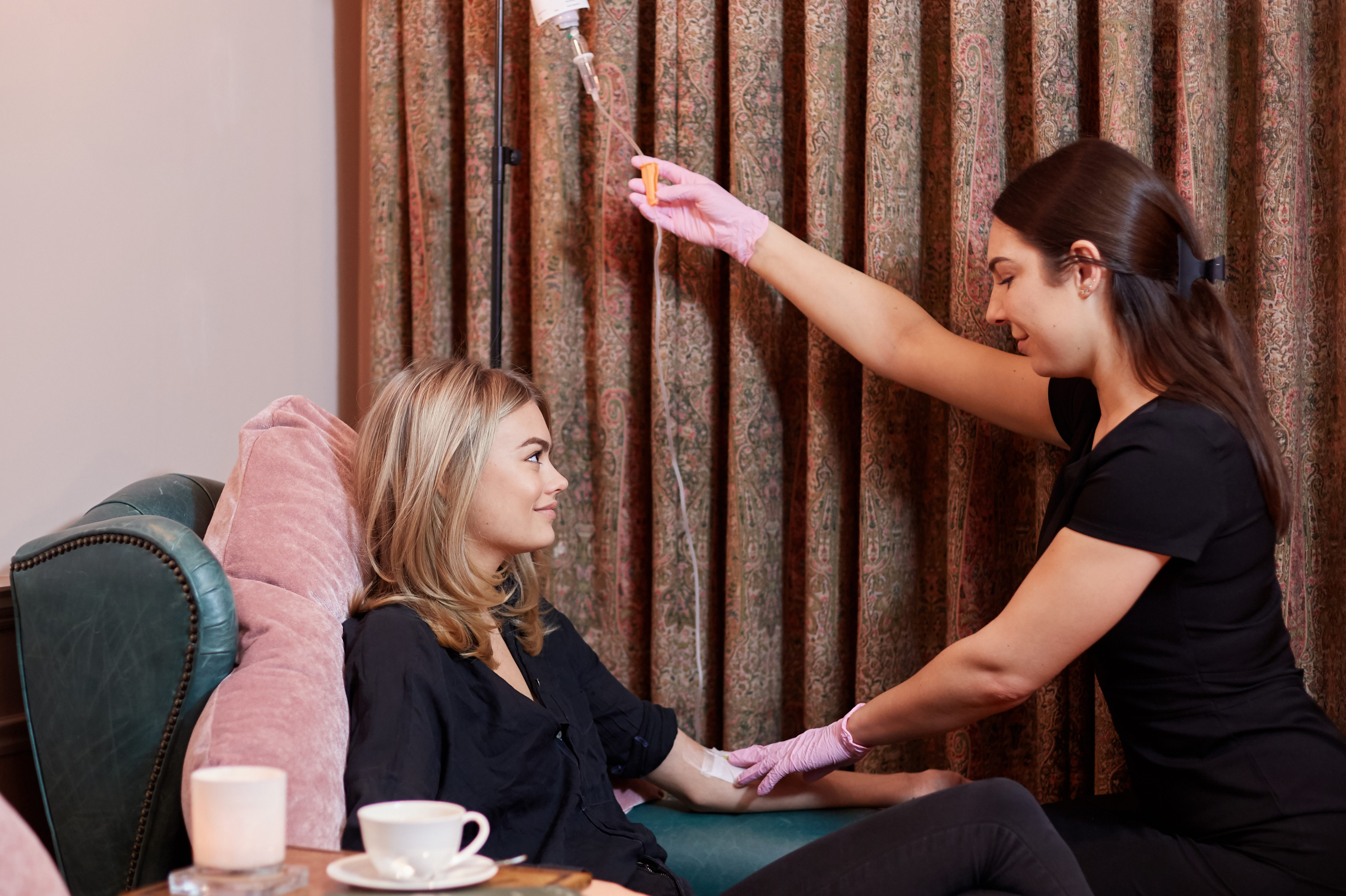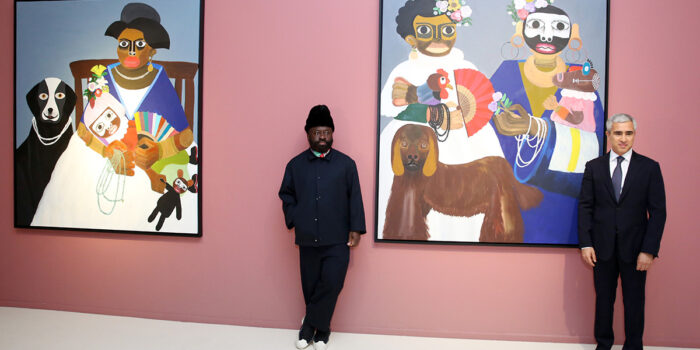Travel can leave even the most resilient jet setters stressed and exhausted. Luckily, the 21st century is delivering ways to sidestep tourism’s downsides – including jet lag – through biohacking. Jenny Southan discovers how brave technophiles are effortlessly overcome the effects of new time zones, stuffy aircraft cabins – and too many glasses of champagne.
At the Ned hotel in London, the on-site Elixir Clinic is doing a brisk business with biohacking travelers. Here is where, post-flight, you can be rigged up to an intravenous drip that will infuse an anti-jet lag cocktail of taurine, vitamins, minerals and amino acids into your bloodstream. And to ensure that you are sufficiently powered up, you can also have an Energise injection of B12 and 20 minutes of pure O2 at the oxygen bar. Other companies such as Reviv, The Cure IV and The IV Doc are also applying biomedical science to combat jet lag, sending nurses to hotel rooms, homes and offices to administer fluids into your bloodstream.
Yes, biohacking can be a little invasive, but the developments don’t end there. In the quest to merge flesh with machine, thousands of people in Sweden are having microchips permanently embedded in their hands so that they can use public transport systems and make contactless payments without the need for a debit card or smartphone. All they have to do is wave their chip over a reader that will scan their data.
The size of a grain of rice, the devices store everything from bank account details to national ID numbers, meaning the need for passports, driving licenses, train tickets, cash and wallets has an end in sight. You won’t even need to remember the key to your hotel room or rental car as microchips can unlock electronic doors.
And for the biohacking traveler, deciding where to go on holiday next comes down to more than googling new five-star hotels or Michelin-star restaurants. Instead, they’re looking for more meaningful connections, starting with a home DNA test kit from companies such as 23andMe and Ancestry DNA to have their entire genetic profile analysed to reveal which parts of the world their ancestors are from with just a simple saliva swab.
 This summer, Airbnb announced it was partnering with 23andMe to promote “heritage travel”, whereby travellers curious about their roots can book stays in the homes of possible modern-day descendants to learn more about their cultural inheritance first-hand. There is even the option of having a go at learning traditional crafts and cooking skills, for example, through Airbnb Experiences.
This summer, Airbnb announced it was partnering with 23andMe to promote “heritage travel”, whereby travellers curious about their roots can book stays in the homes of possible modern-day descendants to learn more about their cultural inheritance first-hand. There is even the option of having a go at learning traditional crafts and cooking skills, for example, through Airbnb Experiences.
At the end of last year, a futuristic biohacking treatment centre called Upgrade Labs was unveiled at the Beverly Hilton in LA. Inside the 6,000 sq ft facility, “biohacker technicians” are on hand to guide clients through various procedures and programmes that will enhance functioning for the ultimate in personalised fitness. There’s a cryotherapy chamber chilled to -140ºC to boost the immune system, a “hyper-oxygenating” Ozone sauna, a virtual float tank that will induce a “meditative theta-wave state”, and an atmospheric cell trainer pod that will apparently increase stem cell production.
Unless you’re flying on a private jet, airports tend to be the biggest pain points for travellers who often have to endure long queues at various checkpoints. However, all this is changing for the better with the roll-out off facial recognition cameras throughout terminals that mean passengers don’t have to show any documentation before going through security or getting on the plane, for example. British Airways has been testing biometric boarding at London Heathrow, New York JFK, LA and Orlando, where it says it can board 240 people in ten minutes by simply scanning their faces. Just don’t forget to smile!
Images courtesy of The Ned, 23andMe and Upgrade Labs






